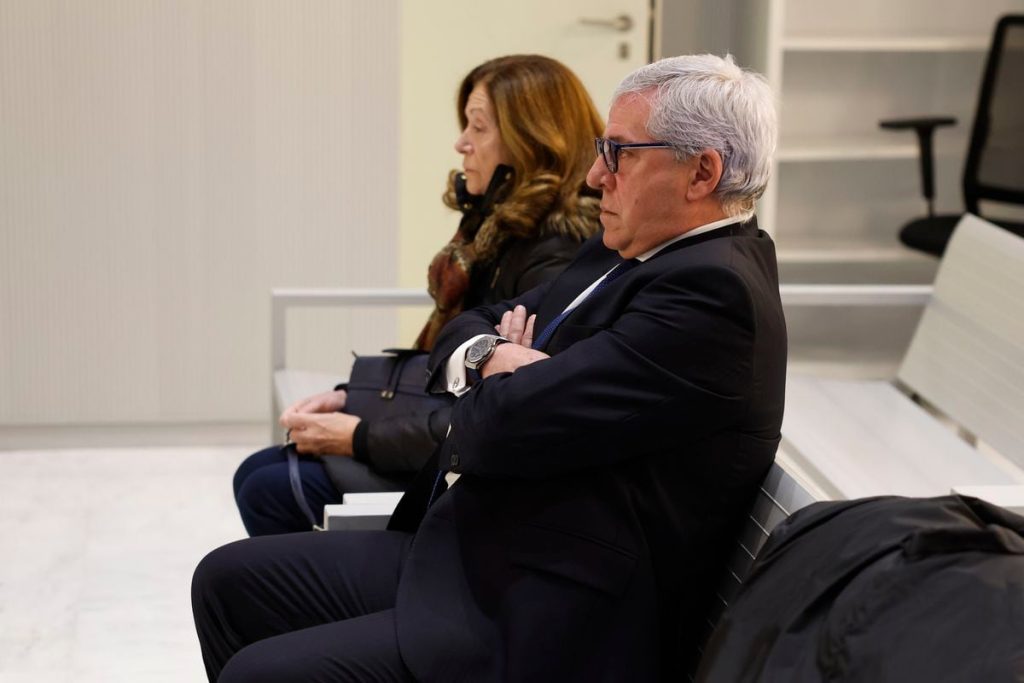The National Court has sentenced Commissioner Carlos Salamanca to five years and eight months in prison. Salamanca was responsible for border control at Madrid’s Barajas airport and a friend of fellow commissioner José Manuel Villarejo. The court found that between 2010 and 2015, Salamanca received large sums of money (at least over 125,000 euros in cash) and gifts (luxury cars, watches, trips) in exchange for turning a blind eye and allowing high-ranking officials from the Equatorial Guinean state oil company Gepetrol, linked to the dictatorial regime of Teodoro Obiang, to enter Spain without scrutiny. The trial took place in January, where the prosecutor described Salamanca as a corrupt police officer driven by greed and luxury, who compromised his impartiality and police duties to enrich himself. Testimony from another accused, businessman and lawyer Francisco Menéndez, revealed how he bribed Salamanca to provide preferential treatment to his clients, who would later hire Villarejo as well.
The judges at the National Court found that Salamanca received gifts from other businessmen as well, attributing them to his position and not just personal friendship. They convicted him of two counts of passive bribery and ordered him to repay over 450,000 euros to the state. Menéndez, who cooperated with the authorities and admitted his role in the scheme, was given three months in prison for active bribery, with a mitigating factor of collaboration. The court’s verdict notes that the gifts to Salamanca were part of a preconceived plan and a criminal network where significant sums were exchanged over an extended period to serve the interests of certain individuals. The judges rejected Salamanca’s defense of receiving gifts out of friendship, stating that the transactions were clearly intended to satisfy personal and financial interests.
This trial, focusing on the relationship between Salamanca and Menéndez, is the second part of the larger Villarejo case, which has already led to a 19-year prison sentence for the retired commissioner. The case originated from an anonymous tip in 2017, which was linked to Menéndez, who later decided to collaborate with investigators. Menéndez confessed to his involvement, detailed his introduction to Villarejo through Salamanca, and explained how he facilitated dirty deals between Gepetrol executives and Villarejo. The court’s ruling highlighted the systematic nature of the bribery scheme, rejecting Salamanca’s claim of innocuous gift-giving among friends.
The conviction of Salamanca and Menéndez sheds light on the depth of corruption within law enforcement and business circles, particularly in the context of international relations with a regime known for human rights abuses. The National Court’s judgment serves as a warning to public officials about the consequences of abusing power for personal gain and emphasizes the need for transparency and accountability in law enforcement agencies. The ongoing investigations into the Villarejo case reveal a web of corruption and influence-peddling that reaches the highest levels of government and business, underscoring the importance of maintaining integrity and ethical standards in public service. Ultimately, the sentences handed down to Salamanca and Menéndez represent a step towards justice and accountability in the fight against corruption in Spain.


